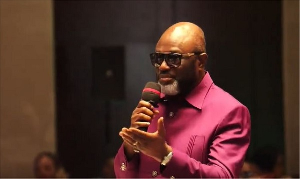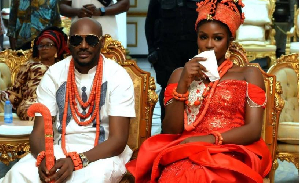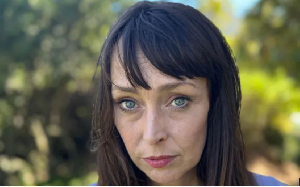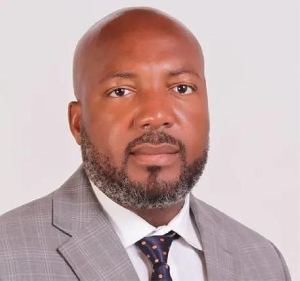As Peace Accord Is Fleshed Out, Ivory Coast Fighting Resumes
ABIDJAN, Ivory Coast, March 8 — The ink had not yet dried on another promise for peace in this country as fighting broke out in its unruly west overnight, with civilians fleeing their ransacked villages and men firing at French soldiers who are here to enforce a cease-fire in what was once the jewel of their empire.
In Accra, the capital of neighboring Ghana, officials representing the Ivoirian government of President Laurent Gbagbo, and the rebels who have sought to overthrow him since September, agreed to the composition of a national reconciliation government, as envisioned by a peace accord signed nearly six weeks ago.
Rebels dropped their most contentious demand — control of the Interior and Defense Ministries in exchange for seats on what is to be a newly established national security council. The proposed council is to have authority over all matters relating to the country's defense.
The mediators of the Ghana talks, which began on Thursday, sounded an optimistic note today, saying that a new government would be announced before March 14. "Let us start," Albert Tevoedjre, the United Nations envoy to the Ivory Coast, said in an interview. "We are already late, and the country is suffering." The final communique from the Accra talks called for "the cessation of massacres and killings," though, as Mr. Tevoedjre acknowledged, a number of issues were still left for the new government to tackle, among them the disarmament of both rebel and government forces.
Judging from the stalemates of the past, whether this latest deal will hold is anyone's guess. Since agreeing to a peace accord nearly six weeks ago, Mr. Gbagbo has been repeatedly accused of equivocating, and, in recent weeks, he has faced a growing chorus of international pressure to keep his promise. The peace accord, agreed to in late January in Marcoussis, France, envisioned a power-sharing deal between Mr. Gbagbo and the rebels who now effectively control half the country. The peace accord also called for both sides to lay down their arms and promised an investigation of charges of atrocities in the more than five-month-old civil war.
As if on cue, with yet another peace deal in hand, fighting broke out in the west this morning. Unidentified armed men clashed with French peacekeepers near the western town of Du?kou?. Two French soldiers, there to enforce the cease-fire line, suffered minor wounds, said the French Army spokesman, Lt. Col. Philippe Perret.
More than 100 armed men, all Liberians who claimed to be fighting on behalf of the Ivoirian government, were taken into French custody late last night. The Ivoirian government has long denied recruiting refugees to serve as soldiers. The Liberians were disarmed and detained by the French, awaiting the arrival of Ivoirian authorities and relief workers.
Grisly find sparks Ivory Coast massacre fears
The French army in Ivory Coast says it has found corpses and signs of serious violence against civilians at a deserted rebel-held town as a rebel leader says 200 civilians have been butchered there.Rebel commander Ousmane Coulibaly says he believes more than 200 civilians were killed in Friday's attack on Bangolo, which he blamed on Liberian mercenaries allied to President Laurent Gbagbo's army.
A senior French military source in western Ivory Coast says the figure of 200 could be accurate.
France has more than 3,000 troops in its former colony where civil war broke out in September after a failed coup.
The fighting in western Ivory Coast at the weekend came as rebels and feuding politicians finally agreed in Ghana to set up a joint security council and form a new government by March 14, including all major political groups and rebel factions.
The rebels said they repulsed the assault on Bangolo, some 600 kilometres north-west of Ivory Coast's main city, Abidjan, but not before the attackers reached the centre of town and started killing civilians suspected of backing the rebels.
Mr Coulibaly said the victims were mostly foreigners and Ivorians from the mainly Muslim north.
"I asked the French to come and see the dead - there is an entire Dioula neighbourhood that was decimated," Mr Coulibaly said.
"All the houses are full of bodies, only the imam escaped alive.
"There are more than 200 bodies, maybe 300 and there are more corpses in the bush," he said.
A French army spokesman declined to say how many bodies the French saw when their detachment landed by helicopter in Bangolo on Saturday loca time.
He described the violence as "very visible".
"It was clear the violence affected many people," Colonel Philippe Perret said in Abidjan.












